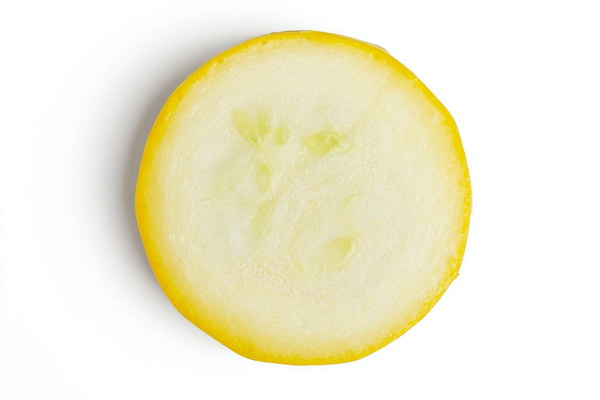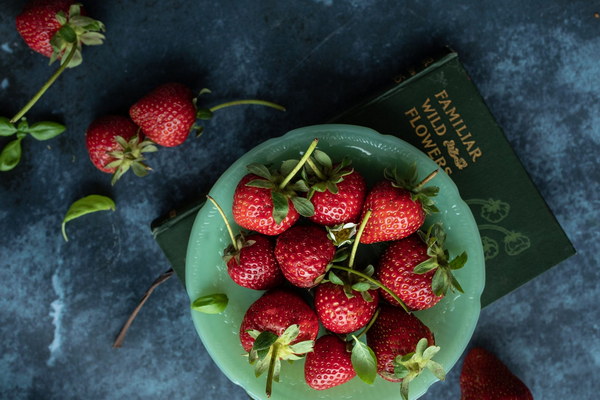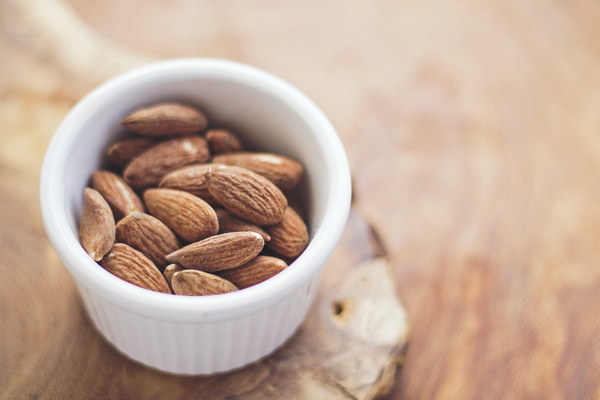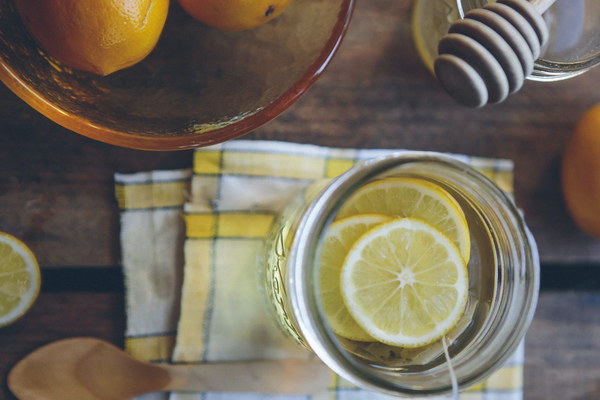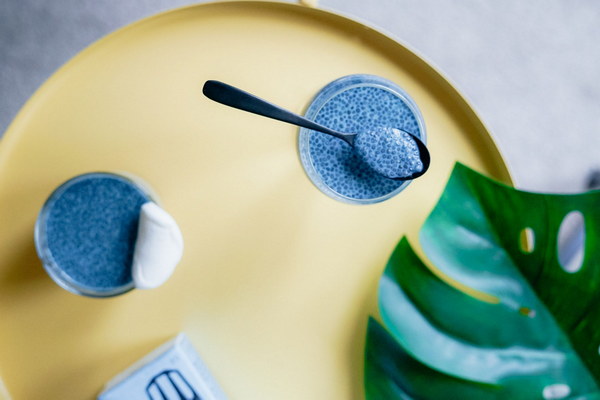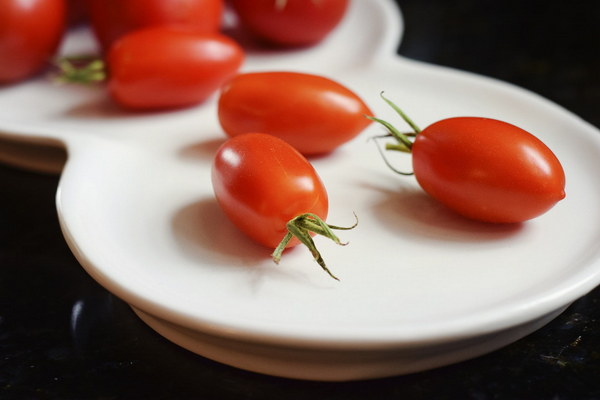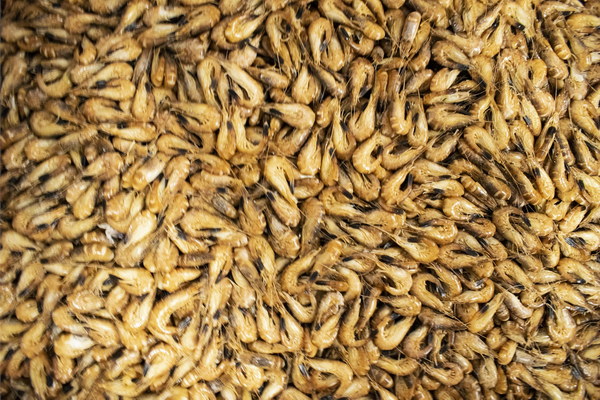Navigating the Fine Line Understanding Why Certain Chinese Herbs for Kidney Tonification Can Lead to Heat in the Body
In the realm of traditional Chinese medicine (TCM), kidney tonification is a fundamental concept aimed at enhancing overall health and vitality. Various herbs are used to strengthen the kidneys, often providing relief for conditions such as fatigue, weakness, and low libido. However, it is crucial to be aware that not all kidney-tonifying herbs are suitable for everyone, and some may actually lead to internal heat. This article delves into the intricacies of kidney tonifying herbs and their potential to cause heat in the body.
The Concept of Heat in TCM
In TCM, heat is considered an imbalance that can manifest in various forms, such as fever, irritability, and a red tongue with a thick coating. When it comes to kidney tonifying herbs, the concern is that they may exacerbate internal heat, leading to discomfort and potential harm. The concept of upsetting the balance is central to TCM, and this is particularly relevant when discussing kidney tonifying herbs.
Common Kidney Tonifying Herbs and Their Potential Heat Effects
1. He Shou Wu (Polygonum multiflorum): Often praised for its ability to nourish the kidneys and promote hair growth, He Shou Wu can also generate heat in the body. It is recommended to avoid this herb if you are prone to irritability, constipation, or have a red tongue with a thick coating.
2. Cistanche (Cistanche deserticola): Known for its ability to boost sexual desire and improve vitality, Cistanche can lead to heat symptoms in individuals with a hot constitution. It is advisable to use this herb with caution or avoid it altogether if you experience heat-related issues.
3. Eucommia (Eucommia ulmoides): This herb is commonly used to strengthen the bones and sinews, but it can also contribute to internal heat. People with a tendency to experience heat symptoms should use Eucommia with care or opt for other, cooler herbs.
4. Goji Berries (Lycium barbarum): Although they are generally considered beneficial, Goji Berries can lead to heat and inflammation in some individuals. Those with heat symptoms, such as a red tongue or constipation, should consume Goji Berries in moderation.
Preventing Heat and Enhancing the Benefits of Kidney Tonifying Herbs
To prevent the occurrence of heat while using kidney tonifying herbs, consider the following tips:

- Consult with a TCM Practitioner: A qualified TCM practitioner can assess your specific constitution and recommend the most suitable herbs, as well as provide guidance on dosage and usage.
- Balance Your Diet: Incorporate cooling foods and beverages into your diet, such as green leafy vegetables, fruits, and cold milk or water. Avoid spicy and hot foods, as they may exacerbate internal heat.
- Use Cooling Herbs: Some herbs can help mitigate the heat generated by kidney tonifying herbs. For example, Scrophularia (Scrophularia ningpoensis) and Platycodon (Platycodon grandiflorus) are known for their cooling properties.
- Monitor Your Body: Pay attention to any changes in your health or the appearance of heat symptoms. If you notice any adverse effects, discontinue the use of the herb and consult a TCM practitioner.
Conclusion
While kidney tonifying herbs can offer significant health benefits, it is essential to be aware of their potential to cause internal heat. By understanding the risks and taking appropriate precautions, you can safely enjoy the benefits of these traditional remedies. Always consult with a TCM practitioner to ensure the proper selection and usage of kidney tonifying herbs tailored to your individual needs.
